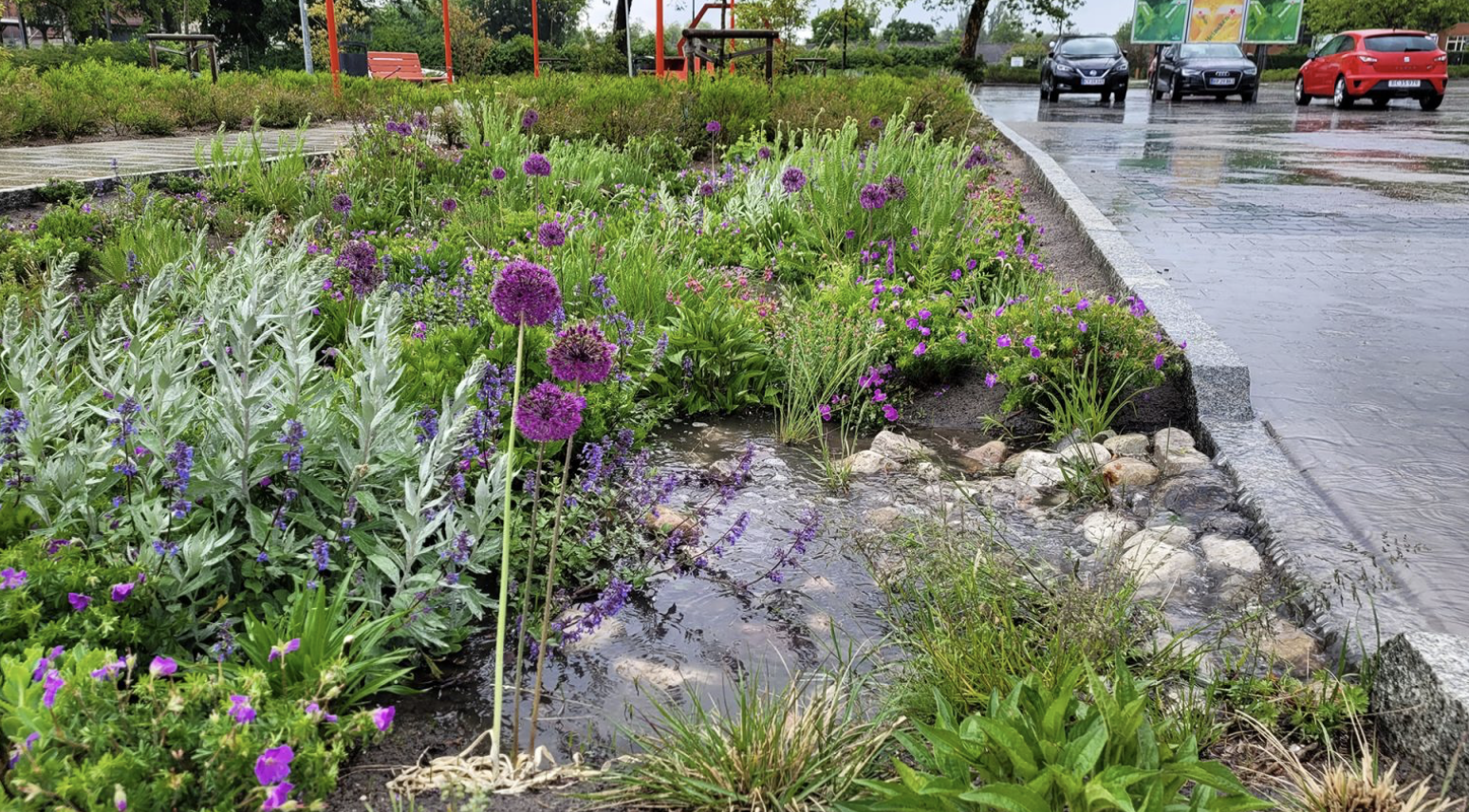Runoff is water from rain and outdoor water use that drains from roofs, driveways, sidewalks, and other surfaces that doesn’t soak into the ground. It’s considered as a natural consequence of rainfall, but it’s unchecked flow can pose significant challenges for local communities.
However, with proactive measures, its prevention offers a myriad of benefits, safeguarding both the environment and the well-being of residents.
One primary advantage of controlling water runoff is the preservation of natural resources. By implementing systems like rain gardens, permeable pavements, and retention ponds, communities can reduce the rapid flow of water into storm drains. This not only conserves water but also helps recharge local groundwater reserves, ensuring a sustainable supply for the future.
Moreover, preventing water runoff aids in mitigating flooding risks. Uncontrolled runoff can overwhelm drainage systems, leading to flash floods that damage properties and endanger lives. Implementing strategies such as green roofs and bioswales helps absorb excess water, significantly lowering the risk of flooding and its associated destruction.
Communities embracing water runoff prevention methods often experience improved water quality. Runoff, especially from urban areas, carries pollutants like oils, chemicals, and sediment into water bodies, impacting aquatic ecosystems. By employing techniques such as constructed wetlands and natural filtration systems, pollutants are filtered out, promoting cleaner and healthier waterways.
Furthermore, these initiatives contribute to enhancing the aesthetic appeal of neighborhoods. Green spaces created to manage runoff, such as community gardens and park-like retention areas, not only serve their primary function but also add beauty to urban landscapes. They become recreational spaces, fostering a sense of community and providing residents with serene areas for relaxation and leisure.

In essence, the prevention of water runoff is more than a technical solution; it’s a boon for local communities. It nurtures sustainability, safeguards against flooding, improves water quality, and enhances the overall livability of neighborhoods. Embracing these practices not only protects the environment but also creates more resilient and vibrant communities for generations to come.
Recognising the long-term societal benefits, D4runoff is developing innovative technologies which will enable national and local stakeholders to better manage the runoffs and provide higher water services to inhabitants.




